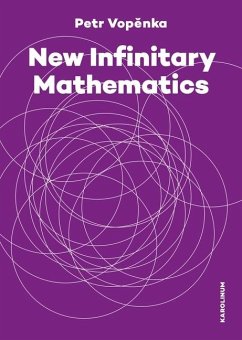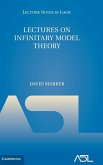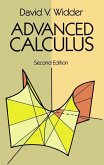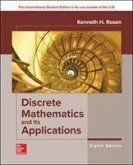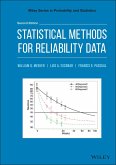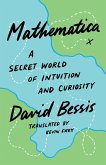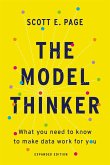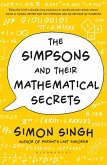A rethinking of Cantor and infinitary mathematics by the creator of Vopenka's principle. The dominant current of twentieth-century mathematics relies on Georg Cantor's classical theory of infinite sets, which in turn relies on the assumption of the existence of the set of all natural numbers, the only justification for which-a theological justification-is usually concealed and pushed into the background. This book surveys the theological background, emergence, and development of classical set theory, warning us about the dangers implicit in the construction of set theory, and presents an argument about the absurdity of the assumption of the existence of the set of all natural numbers. It instead proposes and develops a new infinitary mathematics driven by a cautious effort to transcend the horizon bounding the ancient geometric world and mathematics prior to set theory, while allowing mathematics to correspond more closely to the real world surrounding us. Finally, it discusses real numbers and demonstrates how, within a new infinitary mathematics, calculus can be rehabilitated in its original form employing infinitesimals.
Hinweis: Dieser Artikel kann nur an eine deutsche Lieferadresse ausgeliefert werden.
Hinweis: Dieser Artikel kann nur an eine deutsche Lieferadresse ausgeliefert werden.

